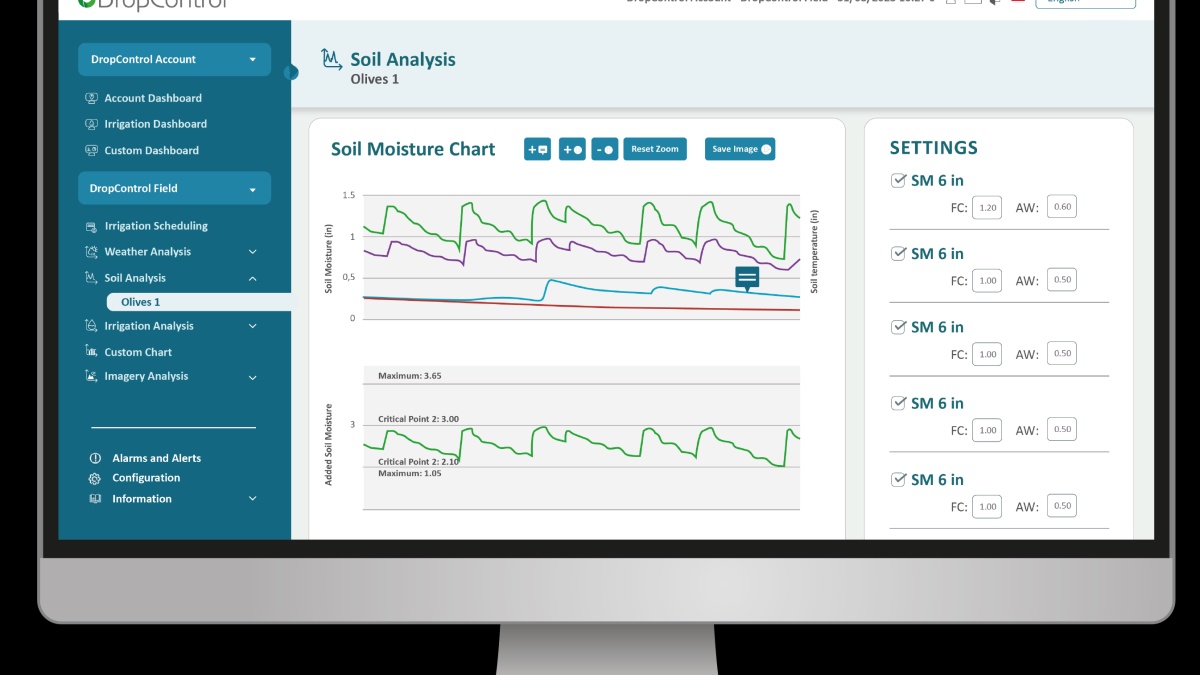In modern agriculture, precision farming has revolutionized how crops are managed and optimized for yield and quality. One crucial technology that supports precision farming is remote soil moisture monitoring. This innovative approach allows farmers to monitor soil conditions in real-time, enabling precise irrigation and fertilization decisions. Let's explore why remote soil moisture monitoring is a cornerstone of precision farming.
Accurate Irrigation Management
Remote soil moisture monitoring provides farmers with accurate and up-to-date information about soil moisture levels across their fields. By understanding the moisture content at different depths and locations, farmers can tailor irrigation schedules to match the specific needs of their crops. This precision in irrigation management ensures that plants receive the right amount of water at the right time, optimizing growth while minimizing water wastage.
Optimized Water Use Efficiency
One of the primary objectives of precision farming is to improve water use efficiency in agriculture. Remote soil moisture monitoring plays a critical role in achieving this goal by enabling farmers to apply water precisely where and when it is needed. Farmers can conserve water resources while maintaining optimal soil moisture levels for healthy plant growth by avoiding over-irrigation or under-irrigation.
Prevention of Water Stress and Crop Loss
Water stress can significantly impact crop health and productivity. With field monitoring automation, farmers can detect early signs of water stress by closely monitoring soil moisture levels. This proactive approach allows for timely irrigation interventions to prevent water stress and mitigate potential crop losses, thereby enhancing overall crop resilience.
Enhanced Nutrient Management
Soil moisture levels directly influence nutrient availability to plants. By monitoring soil moisture remotely, farmers can optimize nutrient management practices. Adequate soil moisture ensures that nutrients are effectively absorbed by plant roots, promoting healthy growth and maximizing nutrient utilization efficiency. This precise nutrient management contributes to improved crop quality and yield.
Data-Driven Decision Making
Remote soil moisture monitoring generates valuable data that empowers farmers to make informed decisions. By analyzing real-time soil moisture data alongside weather forecasts and crop requirements, farmers can fine-tune their irrigation schedules and optimize overall farm management practices. This data-driven approach minimizes guesswork and maximizes efficiency in resource allocation.
Conclusion
Remote soil moisture monitoring is a fundamental component of precision farming, offering numerous benefits contributing to efficient and sustainable agriculture. From optimizing irrigation management and enhancing water use efficiency to improving nutrient management and mitigating crop stress, this technology empowers farmers to make data-driven decisions for maximizing crop productivity and minimizing environmental impact. As agriculture continues to evolve, remote soil moisture monitoring will play an increasingly critical role in shaping the future of precision farming, enabling farmers to achieve higher yields, lower costs, and greater sustainability in their operations.


No comments yet